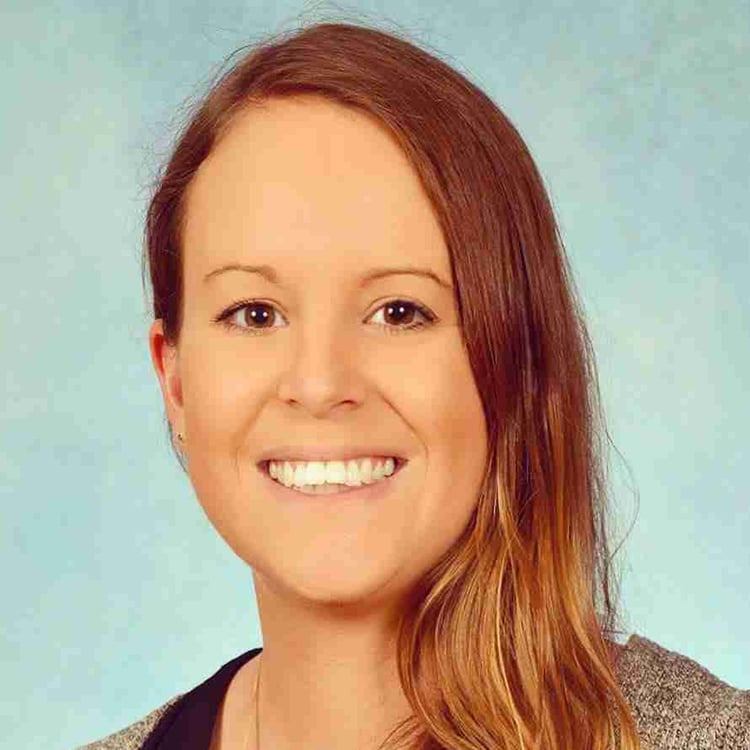Search
Showing results for "early lung health"
Research
Novel end points for clinical trials in young children with cystic fibrosisCystic fibrosis (CF) lung disease commences early in the disease progression and is the most common cause of mortality.
Research
Prevalence of chronic respiratory diseases in Aboriginal children: A whole population studyThe burden of bronchiectasis is disproportionately high in Aboriginal adults, with early mortality. Bronchiectasis precursors, that is, protracted bacterial bronchitis and chronic suppurative lung disease, often commence in early childhood.
Research
Surfactant protein disorders in childhood interstitial lung diseaseSurfactant, which was first identified in the 1920s, is pivotal to lower the surface tension in alveoli of the lungs and helps to lower the work of breathing and prevents atelectasis. Surfactant proteins, such as surfactant protein B and surfactant protein C, contribute to function and stability of surfactant film.

Research
Determinants of early-life lung function in African infantsTo assess the determinants of early lung function in African infants.

Research
Guiding practice principles for clinicians who work with Indigenous peopleCulturally safe healthcare approaches are important to improve outcomes of Indigenous people. Non-Indigenous clinicians are often ill-prepared to provide such healthcare. The NHMRC Centre for Research Excellence (CRE) especially for First Nations Children has been studying for several years how to improve clinical care for Indigenous children with respiratory disease in hospital, clinic, urban, rural and remote settings.
Research
Preterm Paediatric Inhaled Corticosteroids Intervention (PICSI)Understanding if ongoing inflammation in the lungs contributes to the poor lung health experienced by some children who were born preterm.
Research
Thoracic Society of Australia and New Zealand (TSANZ) Guidance for the Management of Electronic Cigarette Use (Vaping) in Adolescents and AdultsElectronic cigarette use, especially among younger members of society, has grown to concerning levels in many countries, including Australia and New Zealand. Uptake in the general population, driven by technological and pharmacological innovations, and accelerated by aggressive tobacco/vaping industry marketing, has outpaced medical research.
Research
LIFECYCLE - Early Life Stressors and LifeCycle HealthLIFECYCLE is a significant and visionary project to establish an integrated set of long-term world-wide cohorts and clinical trials, which can be investigated and compared across the full life of cohort participants.
